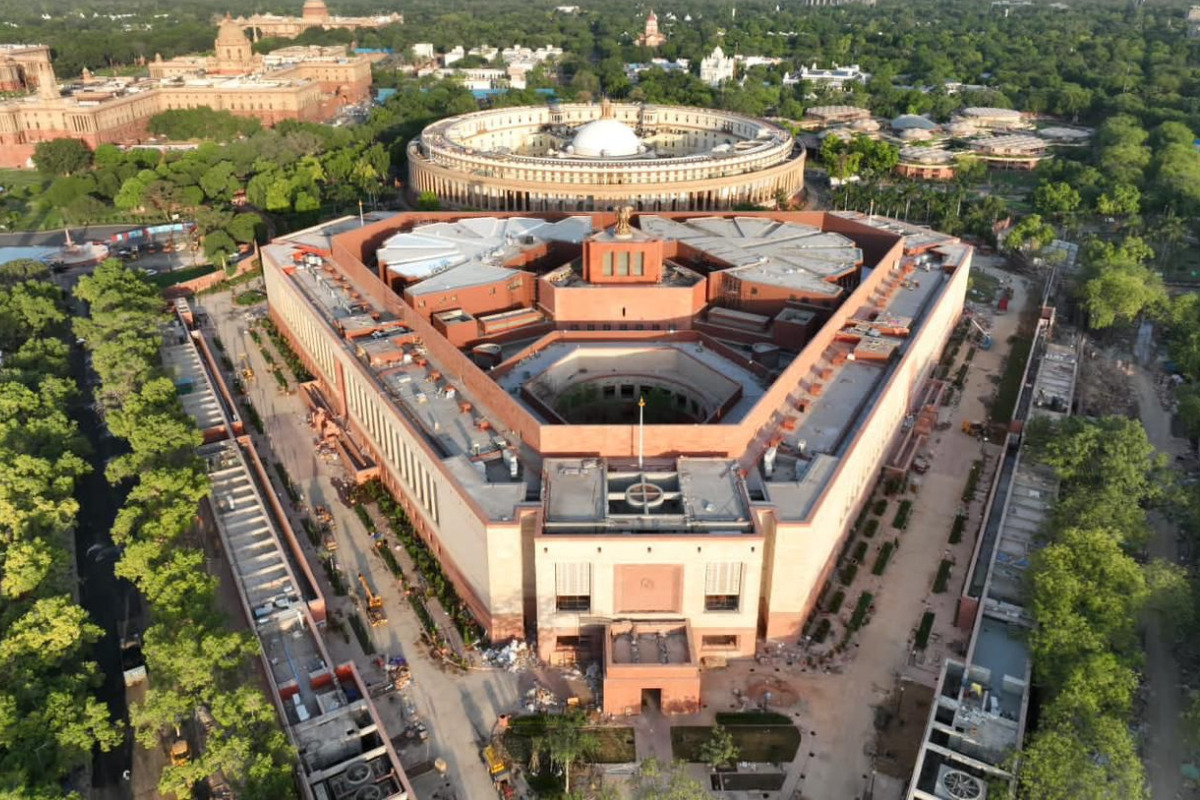NEW DELHI: In a historic legislative move, the Lok Sabha has given its nod to the Press and Registration of Periodicals Bill, 2023, heralding the end of the antiquated Press and Registration of Books Act, of 1867. The bill, which has already secured passage in the Rajya Sabha during the Monsoon Session, brings about significant reforms in the regulation of periodicals, streamlining processes and aligning them with the digital age.
The bill introduces a revolutionary online mechanism for the seamless application of title verification and the grant of registration for periodicals. This modernisation eliminates the need for publishers, especially small and medium entities, to file declarations with District Magistrates, simplifying the entire process. The online system accelerates the title registration, which previously took 2-3 years, now promising completion within 60 days, exemplifying a commitment to ease of doing business.
Decriminalisation and Appellate Mechanism: A Progressive Shift
Minister for Information & Broadcasting Anurag Singh Thakur emphasised that the bill mirrors the government’s commitment to discard colonial-era mentalities and usher in new laws for a new India. The legislation significantly decriminalises the archaic statute, replacing convictions with financial penalties for certain violations. A robust appellate mechanism, led by the Chairperson of the Press Council of India, ensures a fair process for addressing grievances.
Also Read: Arvind Kejriwal reacts to ED summon, calls them ‘Illegal’ and ‘politically motivated’
Role of District Magistrates Minimised
The bill envisages a minimalistic role for District Magistrates/local authorities in the grant of the Certificate of Registration and title allotment. The District Magistrate is expected to provide comments or a No Objection Certificate (NOC) to the Press Registrar General within 60 days of application receipt. Importantly, the absence of such comments after the stipulated period allows the Press Registrar General to proceed with the registration decision. This reduces administrative red tape and accelerates the overall process.
Divergence from the 1867 Act
The Press and Registration of Periodicals Bill, of 2023 marks a departure from the 1867 Act, a relic of the British Raj designed to exert complete control over the press. The new legislation acknowledges the age of a free press and the government’s commitment to media freedom. Notable changes include the removal of books from the purview of the bill, simplifying procedures for printing presses, and the introduction of significantly reduced penalties, including imprisonment only in extreme cases.
Empowering the Press
The legislative overhaul aligns with the government’s broader agenda of empowering the press, enhancing the ease of doing business, and promoting a vibrant media landscape. By embracing digital processes, minimising bureaucratic hurdles, and ensuring a fair legal framework, the Press and Registration of Periodicals Bill, 2023 sets the stage for a new era in India’s media regulations.

